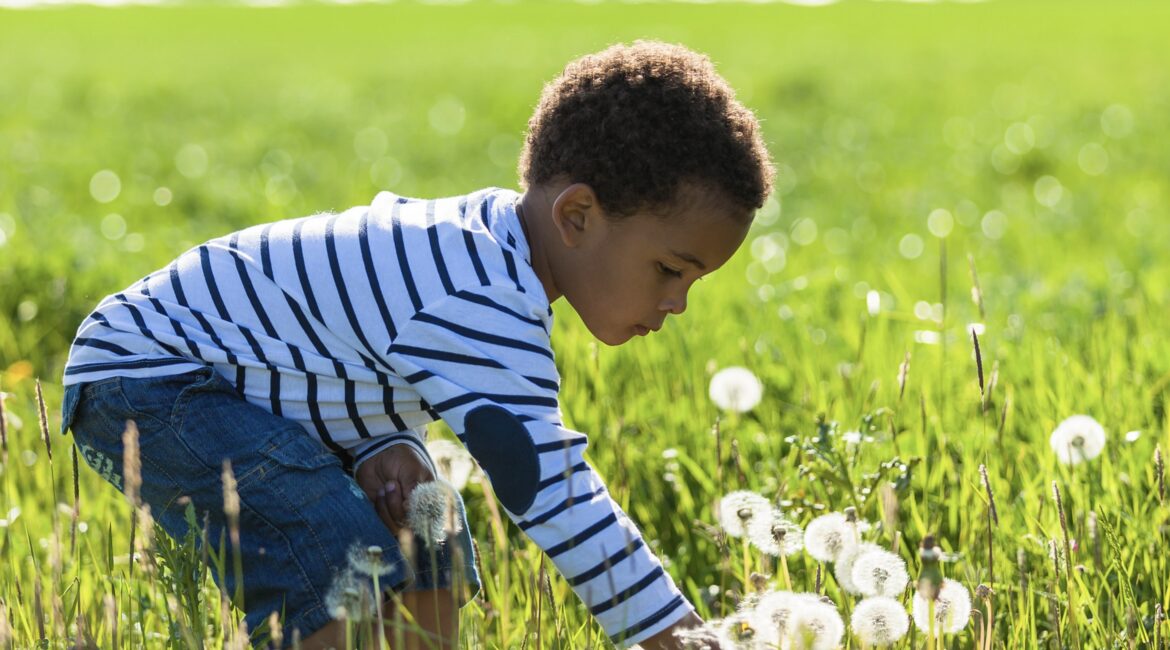Spring is a much anticipated season when kids can’t wait to get outdoors —but if your child is constantly sneezing, rubbing their eyes, or has a runny nose that just won’t quit, seasonal allergies can ruin the outdoor fun.
As a pediatrician, I see a lot of kids struggling with allergy symptoms this time of year. Here’s what you need to know to help your child breathe easier and enjoy the season.
🤧 What Are Seasonal Allergies?
Seasonal allergies, also known as hay fever or allergic rhinitis, happen when a child’s
immune system overreacts to things like:
• Pollen from trees, grasses, and weeds
• Mold spores
• Dust or pet dander (which may increase when windows are open)
Symptoms usually flare up in spring and fall, depending on your region’s pollen
patterns.
🌼 Common Signs of Seasonal Allergies in Kids
• Frequent sneezing
• Runny or stuffy nose (usually clear discharge)
• Itchy, watery, or red eyes
• Scratchy throat or cough
• Fatigue or irritability
• Dark circles under the eyes (“allergic shiners”)
These symptoms can look a lot like a cold—but unlike a cold, allergies don’t cause a
fever and can last for weeks or months.
🩺 When to See a Pediatrician
If your child’s symptoms are interfering with sleep, school, or play—or lasting longer than 10–14 days—it’s a good idea to check in with your pediatrician. We can help rule out other issues and recommend a treatment plan.
💊 Treatment Options
There are several safe and effective options to manage allergy symptoms:
1. Avoid Triggers (When Possible)
• Keep windows closed during high pollen days
• Use HEPA filters in your home
• Bathe and change clothes after outdoor play
• Avoid outdoor time during early morning (when pollen levels peak)
2. Medications
• Antihistamines (like cetirizine or loratadine) can reduce sneezing, itching, and runny nose
• Nasal steroid sprays (like fluticasone) help reduce inflammation—safe for daily use in many kids
• Allergy eye drops for itchy, watery eyes
Always check with your pediatrician before starting any new meds, especially for young
children.
3. Allergy Testing & Specialist Referral
If symptoms are severe or persistent, we may refer your child to an allergist for testing and possibly allergy shots (immunotherapy).
🌞 Let Kids Be Kids—Without the Sniffles!
With the right care, kids with allergies can enjoy the sunshine, flowers, and fresh air just like everyone else. We’re here to help you navigate every sneeze and sniffle with confidence.
Have questions or think your child might have seasonal allergies? Give us a call—we’re happy to help!
Happy spring and stay well!
Submitted By: Dr. Ashley Loboda
Website: www.directpedcare.com
Phone: 412-212-7034



